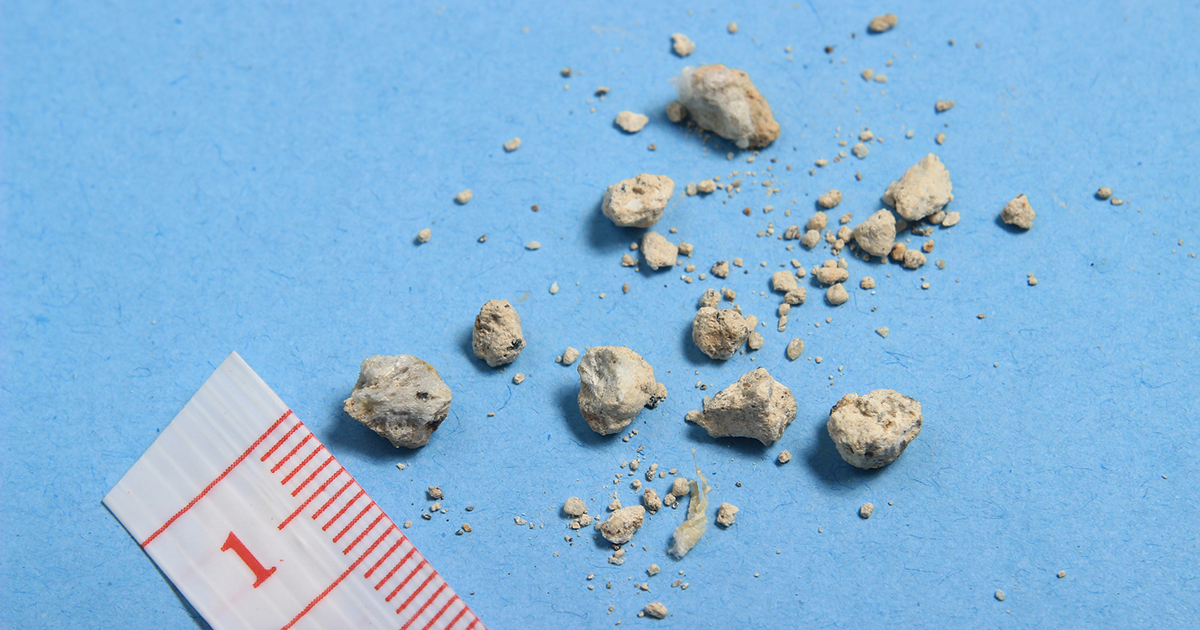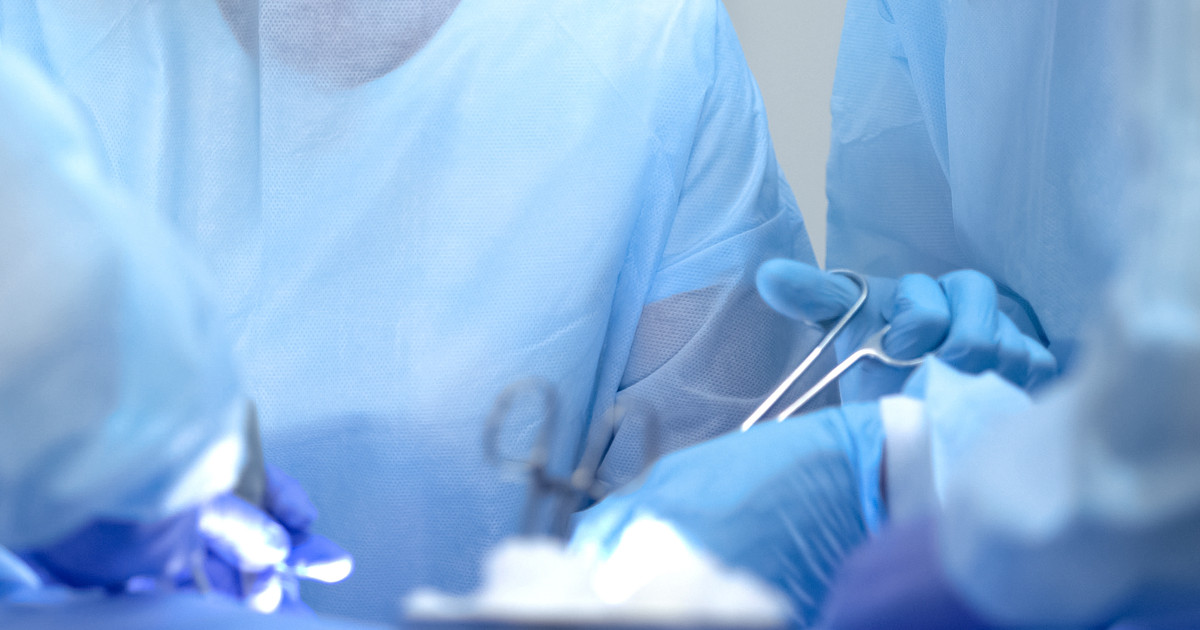Causes Of Acute Nephritis
Kidney Stones

Renal lithiasis or kidney stones consist of minerals that form inside the kidneys. These stones occur, in many cases, when urine becomes concentrated and minerals collect. Although the pain levels when these stones pass are high, they usually move without causing any damage to the urinary tract or kidneys. Doctors can recommend ways to reduce or prevent the occurrence of these stones. One easy way to keep these stones away remains to drink plenty of water to keep urine diluted. Symptoms specific to renal lithiasis include severe pain in the side, back and below the ribs, as well as the groin and lower abdomen. Also, these stones produce pain that comes and goes, bloody urine, frequent urination, and the passing of urine.
Surgery

Urinary tract problems occur reasonably frequently after surgery, though these problems normally resolve themselves shortly after the procedure. At times, more severe kidney complications arise, such as acute nephritis. These complications tend to occur in surgical patients who require extensive treatment after the procedure. Sometimes the post-surgical kidney infection starts in the kidneys and spreads into the bladder, causing a double infection. Urinary catheter use right after a procedure remains caused, in many cases, by the use of a Foley catheter when general anesthesia is used.
In a few cases, a surgical procedure causes the bladder not to empty. A buildup of urine can cause kidney and bladder infections. Individuals unable to thoroughly drain their bladders have to stay in the hospital until the situation clears. Another cause of acute nephritis occurs when the kidneys are injured during surgery.
